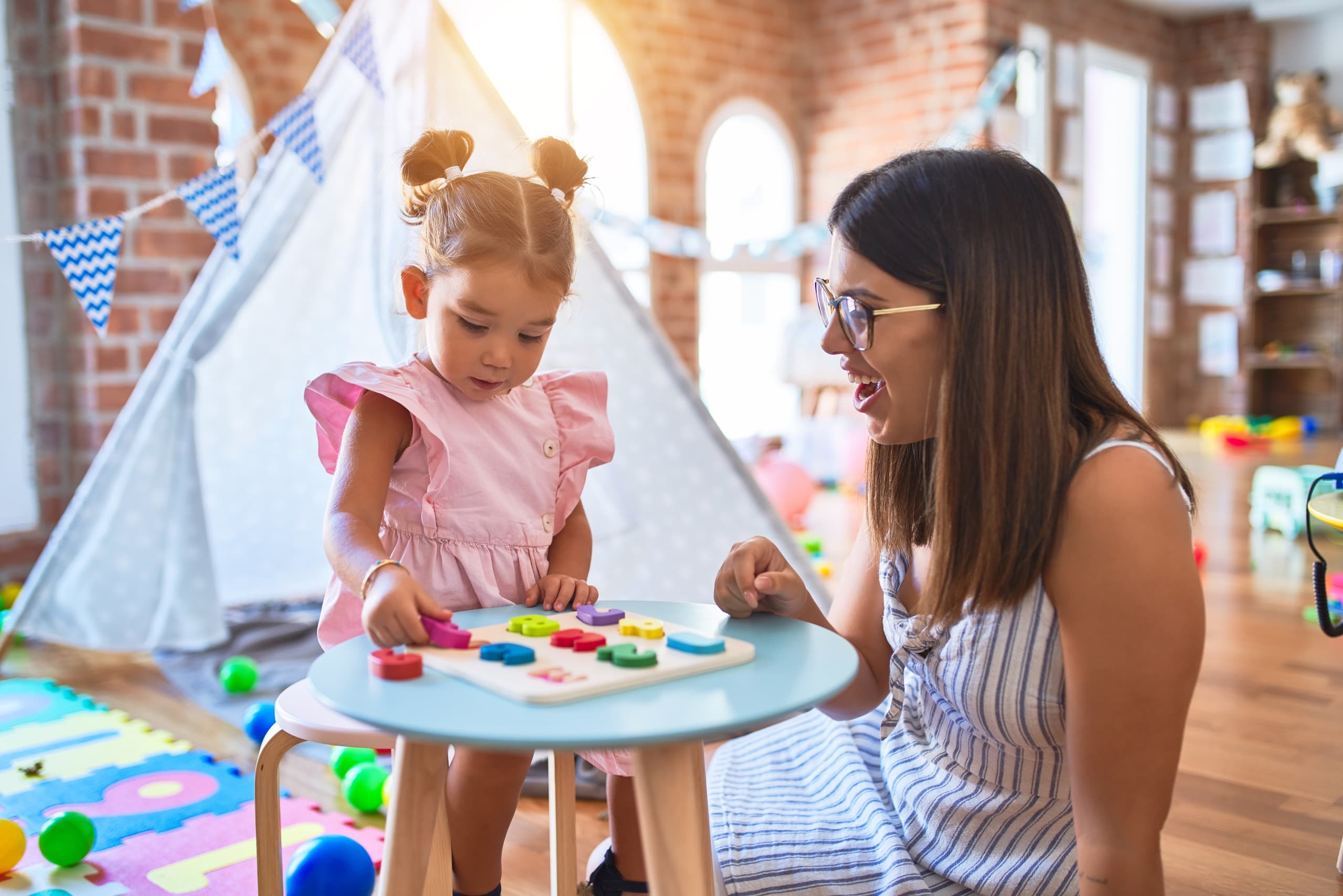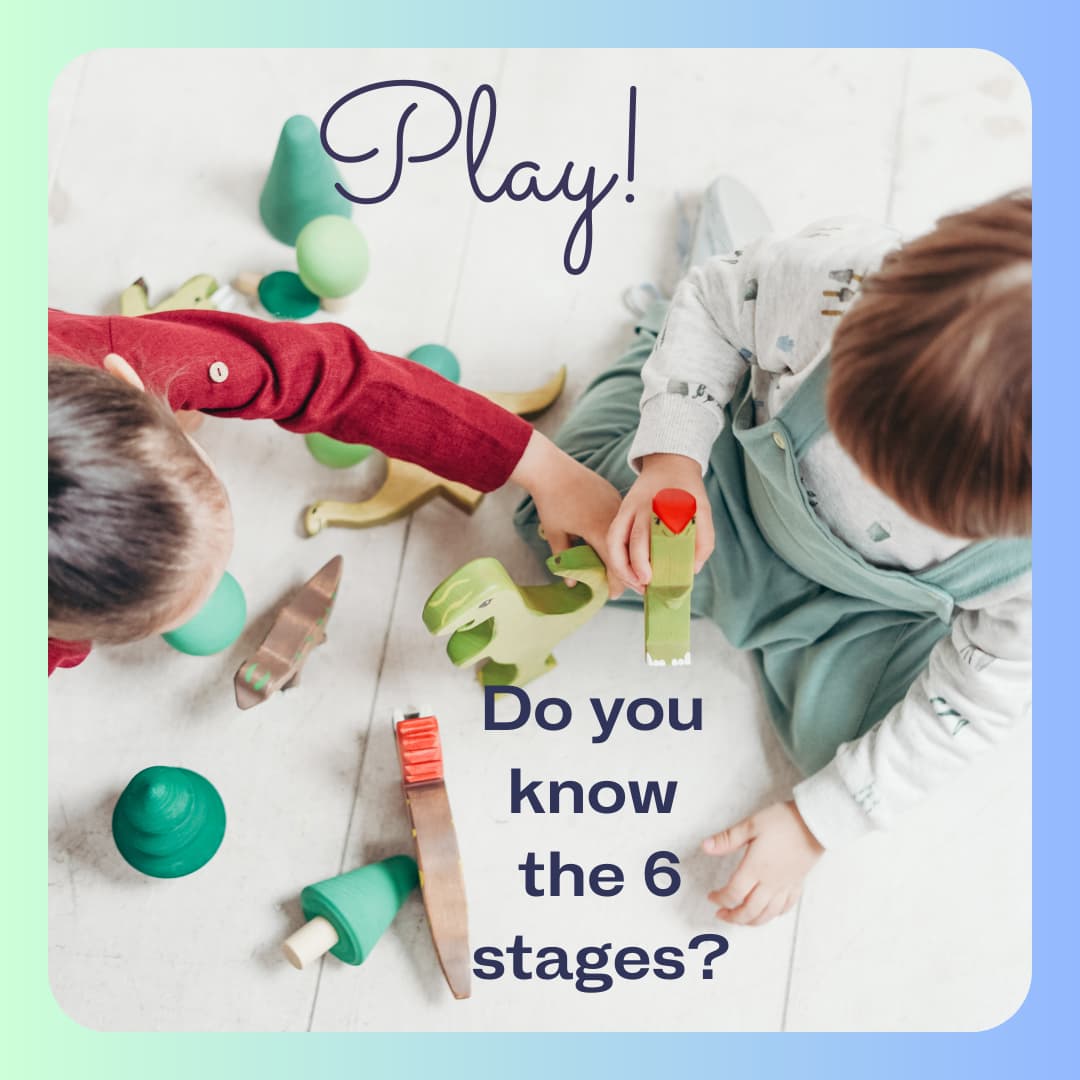Unravelling the 6 Stages of Developmental Play
Play is a fundamental aspect of childhood, fostering creativity, social skills, and cognitive development. Jean Piaget, a pioneer in developmental psychology, and someone I studied at Norland College, identified different stages of play that children progress through as they grow and learn.
Understanding these stages can provide valuable insights for parents, educators, nannies and other caregivers. In this blog, we’ll delve into the enchanting world of play, exploring each stage from unoccupied play to cooperative play.
Unoccupied Play: The Prelude to Exploration
Unoccupied play marks the earliest stage of play, typically observed in babies. During this stage, children engage in seemingly random movements and activities, exploring their environment without a specific goal. This unstructured play lays the foundation for more complex forms of play as the child’s cognitive and motor skills develop.
Playing Alone: The Symphony of Solitude
As children progress, they often enter the stage of playing alone. This stage is characterised by a child engaging in activities without interacting with others. Playing alone allows children to focus on their own interests and encourages independence and self-discovery. It also helps build concentration and problem-solving skills.
Onlooker Play: The Art of Observation
In the onlooker play stage, children become keen observers of others’ play activities without actively participating. This stage is a crucial step towards social development, as children begin to learn by watching and imitating their peers. Onlooker play provides a platform for understanding social dynamics and learning about different play techniques.

Parallel Play: Side by Side
Parallel play is a stage where children play alongside each other without direct interaction. While they may use similar toys or engage in similar activities, there is limited communication or collaboration. This stage is common among toddlers and signifies an emerging awareness of others. Parallel play lays the groundwork for more interactive forms of social play.
Associative Play
Associative play involves more interaction between children, although each child pursues their agenda. They share toys and ideas and even work towards a common goal, but there is still a lack of formal organisation or structure. This stage enhances communication skills, fosters cooperation, and promotes the development of social bonds.
Cooperative Play
The pinnacle of social play is cooperative play. At this stage, children actively collaborate towards a common goal, engaging in organised and structured activities. Cooperative play requires communication, negotiation, and shared decision-making, promoting teamwork and empathy. It is a vital stage for the development of social skills that will serve children well in various aspects of life.
All of these stages of play offer a fascinating glimpse into the intricate journey of childhood development. From the unoccupied play of infancy to the cooperative play of later years, each stage contributes to the growth of cognitive, social, and emotional skills. Parents, caregivers, and educators can play an active role in supporting and facilitating these stages, creating an environment where children can explore, create, and build meaningful connections with others. As we appreciate the diverse stages of play, we gain a deeper understanding of the rich tapestry that contributes to a child’s holistic development.
Find a Nanny to Support Your Child’s Healthy Development
At the Nanny Connection, we connect you with supportive and accredited nannies and caregivers who can help support your child’s healthy cognitive and play development. Our consultants are highly trained and skilled in their field and can provide you with the best possible support to help your children grow healthily and overcome any struggles you may be having as busy parents. Contact us today to see how we can help.


